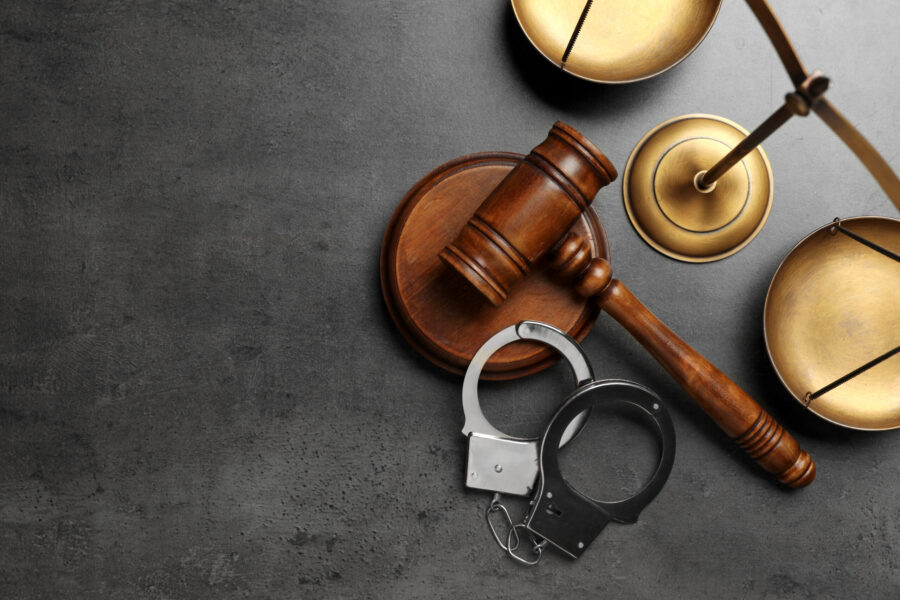Navigating the complex dynamics of law enforcement is a daunting prospect for anyone, especially those…
What Is the Difference Between Probation and Deferred Disposition?

The most significant difference between deferred disposition and probation is the requirements a defendant must meet. Deferred disposition is a type of probation offered to a defendant during a plea agreement before sentencing or conviction. Probation is a criminal penalty imposed after a conviction that allows the defendant to avoid imprisonment.
An Overview of Deferred Disposition
The Commonwealth might offer the defendant deferred disposition if the case involves a specific criminal offense. The defendant and Commonwealth must agree to defer the disposition of the charges and meet various conditions, including:
- The defendant enters a guilty, not guilty, or no-contest plea
- The judge finds sufficient facts that conviction would have occurred if the defendant proceeded to trial
- The judge sets the case aside and imposes conditions the defendant must meet instead of entering a conviction
The judge will determine the conditions and duration of the deferred disposition. They will dismiss the case at the end of the period if the defendant doesn’t violate any of the conditions. Conditions commonly include anger management or alcohol abuse classes, community service, probation, and restitution.
Who Qualifies for Deferred Disposition?
Your charge must be your first offense, and the offense must be one that is eligible for deferred disposition. Eligible crimes include various misdemeanors, such as:
- Assault and battery against a household or family member
- Trespassing
- Underage possession of alcohol
- Destruction of property
- Possession of drugs
You must understand two essential factors if you agree to deferred disposition:
- The Commonwealth can find you guilty of the original charge if you don’t comply with the conditions
- You can’t appeal the guilty verdict
An Overview of Probation
Probation is a criminal punishment that replaces imprisonment. Instead of serving your time in jail, you must follow specific conditions set by the judge overseeing the case.
Minor and non-violent offenses in misdemeanor or felony cases are eligible for probation. Probation is also likelier if it’s a first-time offense. Habitual offenders are often ineligible for probation.
There are two types of probation in Virginia:
- Unsupervised probation – Unsupervised probation doesn’t require a meeting with a probation officer. The offender must meet specific terms, which might only include following Commonwealth laws and exhibiting good behavior during the period.
- Supervised probation – Supervised probation is stricter. A probation officer monitors the defendant’s actions and ensures they comply with the terms.
The judge will determine the level of supervision to impose if they sentence the defendant to supervised probation. The two levels include:
- Low-level supervision – Low-level supervision involves monthly check-ins with a probation officer in person or by phone.
- Intensive supervision – With intensive supervision, the defendant must meet with their probation officer in the community and the officer’s office more frequently.
Conditions of Probation
The judge can set numerous requirements the defendant must meet during their probation period, such as:
- Maintaining adequate employment
- Meeting with the probation officer by phone or in person at specific times
- Refraining from committing other criminal offenses
- Avoiding alcohol and drugs
- Not leaving the state without prior permission from the probation officer or court
- Consenting to searches without probable cause
- Submitting to random alcohol and drug testing
- Allowing the probation officer to visit the home and workplace
- Paying restitution to the victims of the crime
- Attending court hearings
- Not possessing a firearm
Protect Your Rights with an Aggressive Virginia Beach Criminal Defense Attorney
You should immediately consult Pincus Goodman, P.C. if you were charged with a crime in Virginia Beach. We can review your case and determine whether you qualify for probation or deferred disposition. We will be your advocate and fight for your freedom.
Learn more about how we can help by calling us at (757) 301-9634 or contacting us online for a confidential consultation.





